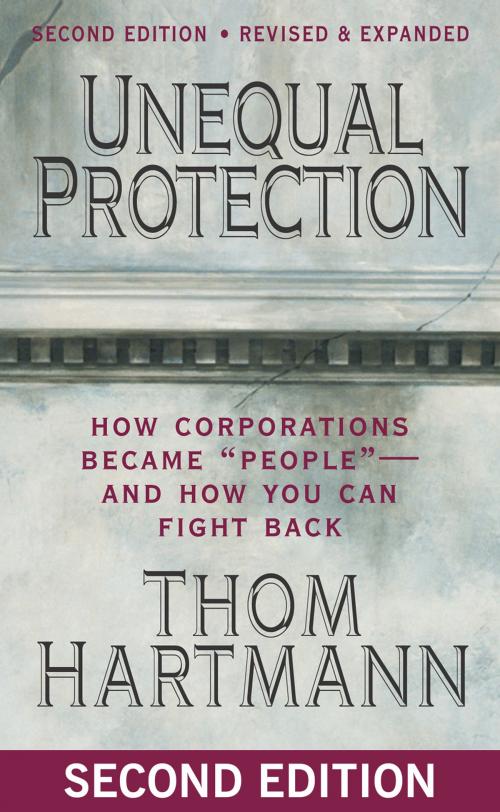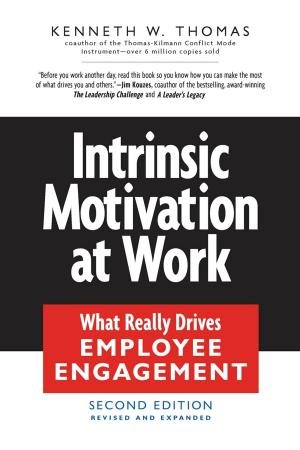Unequal Protection
How Corporations Became ""People"" -- and How You Can Fight Back
Business & Finance, Business Reference, Business Ethics| Author: | Thom Hartmann | ISBN: | 9781605098395 |
| Publisher: | Berrett-Koehler Publishers | Publication: | June 14, 2010 |
| Imprint: | Berrett-Koehler Publishers | Language: | English |
| Author: | Thom Hartmann |
| ISBN: | 9781605098395 |
| Publisher: | Berrett-Koehler Publishers |
| Publication: | June 14, 2010 |
| Imprint: | Berrett-Koehler Publishers |
| Language: | English |
NEW EDITION, REVISED AND UPDATED Unequal taxes, unequal accountability for crime, unequal influence, unequal control of the media, unequal access to natural resources—corporations have gained these privileges and more by exploiting their legal status as persons. How did something so illogical and unjust become the law of the land? Americans have been struggling with the role of corporations since before the birth of the republic. As Thom Hartmann shows, the Boston Tea Party was actually a protest against the British East India Company—the first modern corporation. Unequal Protection tells the astonishing story of how, after decades of sensible limits on corporate power, an offhand, off-the-record comment by a Supreme Court justice led to the Fourteenth Amendment—originally passed to grant basic rights to freed slaves—becoming the justification for granting corporations the same rights as human beings. And Hartmann proposes specific legal remedies that will finally put an end to the bizarre farce of corporate personhood. This new edition has been thoroughly updated and features Hartmann’s analysis of two recent Supreme Court cases, including Citizens United v. Federal Election Commission, which tossed out corporate campaign finance limits.
NEW EDITION, REVISED AND UPDATED Unequal taxes, unequal accountability for crime, unequal influence, unequal control of the media, unequal access to natural resources—corporations have gained these privileges and more by exploiting their legal status as persons. How did something so illogical and unjust become the law of the land? Americans have been struggling with the role of corporations since before the birth of the republic. As Thom Hartmann shows, the Boston Tea Party was actually a protest against the British East India Company—the first modern corporation. Unequal Protection tells the astonishing story of how, after decades of sensible limits on corporate power, an offhand, off-the-record comment by a Supreme Court justice led to the Fourteenth Amendment—originally passed to grant basic rights to freed slaves—becoming the justification for granting corporations the same rights as human beings. And Hartmann proposes specific legal remedies that will finally put an end to the bizarre farce of corporate personhood. This new edition has been thoroughly updated and features Hartmann’s analysis of two recent Supreme Court cases, including Citizens United v. Federal Election Commission, which tossed out corporate campaign finance limits.















